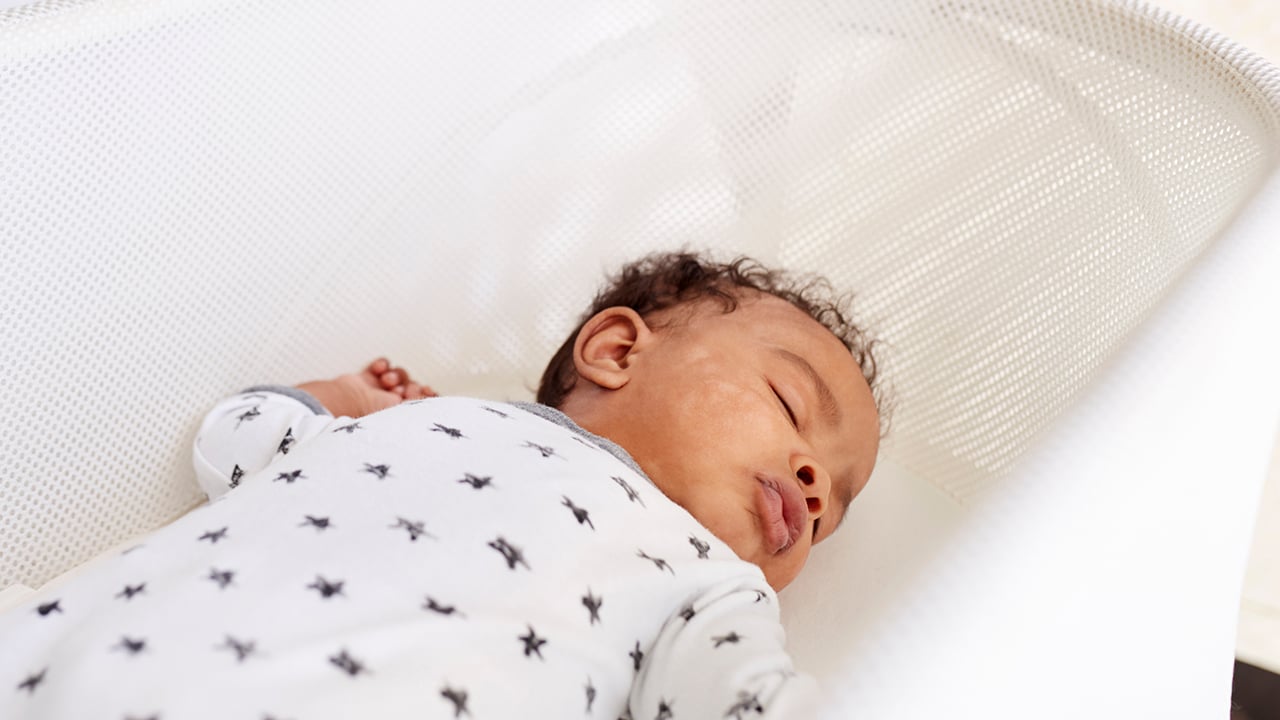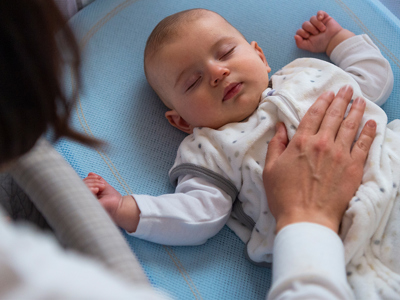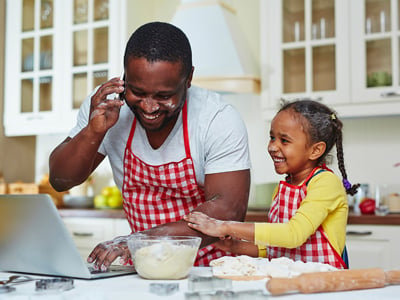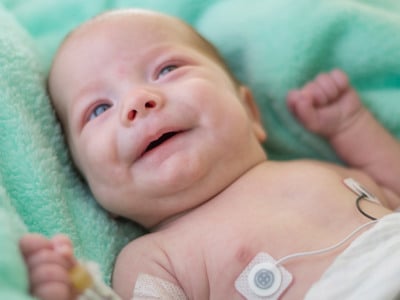- Doctors & Departments
-
Conditions & Advice
- Overview
- Conditions and Symptoms
- Symptom Checker
- Parent Resources
- The Connection Journey
- Calm A Crying Baby
- Sports Articles
- Dosage Tables
- Baby Guide
-
Your Visit
- Overview
- Prepare for Your Visit
- Your Overnight Stay
- Send a Cheer Card
- Family and Patient Resources
- Patient Cost Estimate
- Insurance and Financial Resources
- Online Bill Pay
- Medical Records
- Policies and Procedures
- We Ask Because We Care
Click to find the locations nearest youFind locations by region
See all locations -
Community
- Overview
- Addressing the Youth Mental Health Crisis
- Calendar of Events
- Child Health Advocacy
- Community Health
- Community Partners
- Corporate Relations
- Global Health
- Patient Advocacy
- Patient Stories
- Pediatric Affiliations
- Support Children’s Colorado
- Specialty Outreach Clinics
Your Support Matters
Upcoming Events
Colorado Hospitals Substance Exposed Newborn Quality Improvement Collaborative CHoSEN Conference (Hybrid)
Monday, April 29, 2024The CHoSEN Collaborative is an effort to increase consistency in...
-
Research & Innovation
- Overview
- Pediatric Clinical Trials
- Q: Pediatric Health Advances
- Discoveries and Milestones
- Training and Internships
- Academic Affiliation
- Investigator Resources
- Funding Opportunities
- Center For Innovation
- Support Our Research
- Research Areas

It starts with a Q:
For the latest cutting-edge research, innovative collaborations and remarkable discoveries in child health, read stories from across all our areas of study in Q: Advances and Answers in Pediatric Health.


Safe Sleep for Babies with Medical Conditions

Sleep. It’s one of the most troubling issues for parents. It’s a big part of your baby’s development and necessary for your own health and sanity.
But sometimes your baby simply won’t sleep. And when they do fall asleep you might worry that they’re doing so safely. If your baby needed care in a neonatal intensive care unit (NICU) or has a medical condition, you might have extra concerns about them sleeping safely.
Our neonatal experts can help calm your worries. The same safe sleep practices that apply to all babies also apply to premature babies or those with medical conditions. With a few extra considerations, you can rest assured your baby is sleeping safely.
Follow safe sleep guidelines for babies
The same infant safe sleep practices that keep all babies safe and protect against sudden infant death syndrome (SIDS) apply to babies with medical conditions.
Infants are at an increased risk for SIDS when:
- Their nose or mouth is covered
- They’re covered with too many blankets or their room is too hot, potentially causing hyperthermia (abnormally high body temperature)
- They have loose items in their bassinet or crib
- They sleep on their stomach or side
- They share a sleep surface with their parents (called co-sleeping or bed-sharing)
Follow the American Academy of Pediatrics’ (AAP) recommendations for safe sleep, which include:
- Babies should sleep on their back until they turn 1.
- Babies should sleep alone, in a bassinet or crib on a firm mattress with a fitted sheet and no other soft objects, blankets, pillows or sheets.
- Avoid exposing babies to any smoke.
- Parents and caregivers should avoid alcohol, drug use or sedating medications when caring for a baby.
- Consider using a pacifier if it doesn’t attach to clothing or hang around your baby’s neck. Don’t put the pacifier back in your baby’s mouth once they fall asleep.
Here are some additional safe sleep considerations to keep in mind:
- You can swaddle your baby with a light blanket or sleep sack if the blanket doesn’t move above their shoulders.
- Once your baby can roll over on their own, don’t swaddle them anymore. Place them on their back when they go to sleep, but they can move into their favorite sleeping position and you can leave them in that position.
- If your baby falls asleep outside their bassinet or crib (such as a car seat or swing), move them to their bassinet or crib as soon as you can.
Babies in the NICU often have more trouble feeding than babies without medical conditions. So parents want them to feel as comfortable as possible to ensure they eat enough. And sometimes that means bringing them to your bed. Just resist the urge to let them sleep in your bed and return them to their bassinet or crib once they are done feeding.
Safe sleep for babies with medical equipment
Babies who go home with oxygen, a tracheostomy tube, a gastrostomy tube (g-tube), a monitor or other medical equipment need some extra care for sleeping. The good news is that these babies are used to sleeping with medical equipment after being in the NICU, so it typically doesn’t cause them discomfort.
The main concern for babies sleeping while attached to medical equipment is that they could get wrapped in cords or tubes. Make sure any cords or tubes take the most direct path from your baby out of their bassinet or crib to wherever they need to be connected. Don’t allow them to coil or bunch up where your baby is sleeping and try to keep cords away from your baby’s hands. If you’re swaddling your baby, allow cords to come out of the bottom of the swaddle and avoid your baby’s face or hands.
If you have equipment that sits outside your baby’s sleeping area, try to get the necessary equipment to safely secure it before you leave the NICU. For example, if your baby has a g-tube, you should have an IV stand or other piece of equipment to safely secure the feeding pump outside of your baby’s crib or bassinet. Those items shouldn’t sit in your baby’s sleeping area.
Additionally, you should decide with your care team if your baby should go home with a monitor. Your baby’s providers would arrange the necessary equipment for your baby. Commercially available monitors that are not recommended by your care team may cause undue stress from frequent alarms or alerts.
Don’t bring the NICU home
When your baby is in the NICU, they are monitored 24/7. Because of this, your care team may use positioning aids while your baby sleeps to reduce the risk of pressure injuries (small sores on a baby’s skin from something pressing on one spot for too long).
You shouldn’t try to replicate this at home because you can’t monitor their vital signs the same way NICU caregivers can. Any extra items in your baby’s sleeping area can increase the risk for SIDS. Your baby should be doing well enough to sleep without positioning aids before they go home.
In that same vein, many families ask if their baby should sleep on a slight incline if they suffer from acid reflux. But research doesn’t show that this provides any relief from reflux, and additional padding to create an incline doesn’t align with safe sleep practices.
Maintain safe sleep timelines
Generally, we recommend that your baby sleep in a bassinet or crib in your room, but not in your bed, until about 1 year old. This timeline remains true for babies born prematurely or with medical conditions.
The exception is for babies who have breathing conditions and are on a ventilator to help them breathe while sleeping. These babies need 24/7 monitoring. Parents often take shifts or hire home nurses to ensure monitoring around the clock. In this case, it can be better for everyone’s sleep and well-being if your baby sleeps in their own room.
Finally, it’s important to remember that getting any newborn to sleep safely on a schedule that also allows you to sleep is challenging. And it can be extra challenging for a baby with a medical condition. Not all parents stay overnight with their babies in the NICU, so you may be used to having caregivers there throughout the night.
Remember that this is an adjustment period and give yourself some grace. Whether or not your child sleeps when you want is not a reflection of your ability as a parent.
But implementing safe sleep practices at home can keep them just as safe as they were in the NICU.



 720-777-0123
720-777-0123






